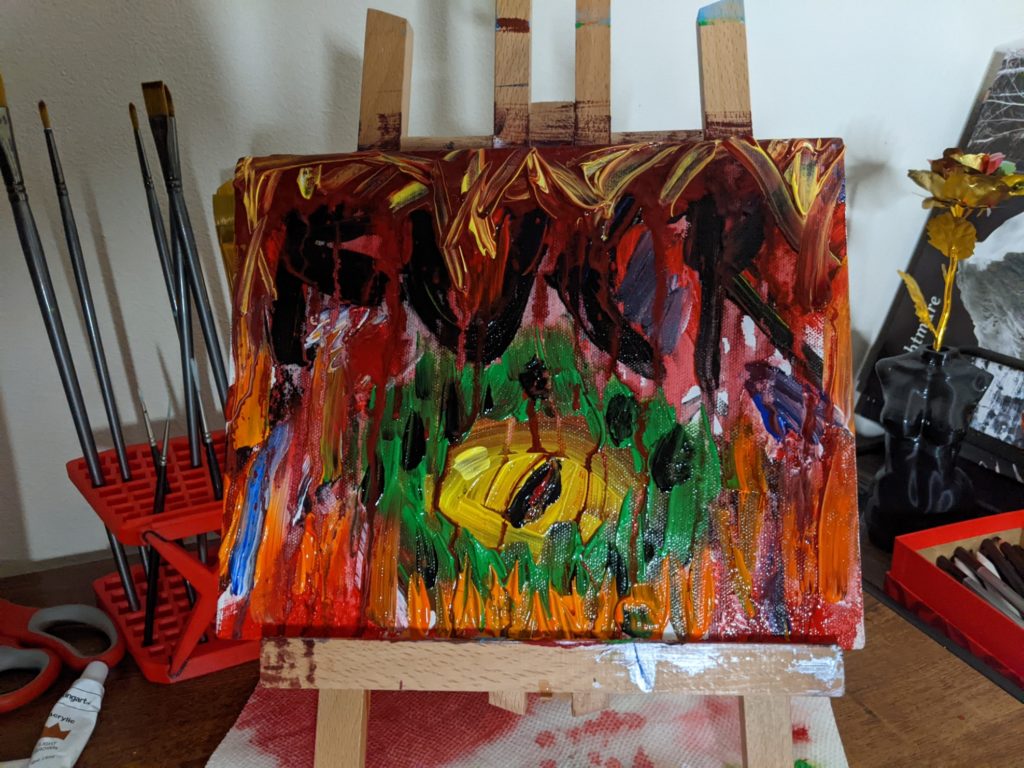
When I was growing up, my mom expected us to do school every weekday. Although this was the goal, it rarely happened. There were a lot of obstacles in the way of getting to the point where we could get started. In theory, we’d clean up after breakfast and, with the floors swept and the table clean, we would gather around the kitchen table and work on school.
With over a dozen children of different ages working on our assigned tasks, things didn’t go very smoothly. It was a miracle if there wasn’t a fight or meltdown over doing chores. Mom didn’t supervise during chore time. She was, almost without exception, on the phone with a friend during the morning hour we had to set the house in order.
As a result, the older kids were left supervising and directing the younger ones while also being expected to handle the more demanding housework. Mom would emerge from her room, ready to inspect our work and start school. If things were done, we’d collect our school books and gather at the table for school. If not, she’d start lashing out with verbal and physical abuse to get us to finish cleaning up the house. If we managed to get ourselves together, we’d settle into doing school late or not at all that day.
Overall, I’d estimate that on a good week, we managed to “do school” on three out of five weekdays. Four was amazing, and five was impossible. After all, with fifteen pregnancies, mom was almost always pregnant or nursing, so she was often overwhelmed and moody. Many days, she’d give up, blame us for the lack of timeliness in our day, and send us outside to play.
Even when we succeeded, not much time was spent “doing school,” and not much of that time was spent learning. Furthermore, by the time I was a teenager, nothing was new information. It was all review because there were always younger kids to teach introductory information. We only did school until lunch time, and then it was time to do after-lunch chores, when trying to get us children to clean up the house resumed. Then we spent the rest of the day playing outside. We built forts and swings, rafts for the creek, and found many creative games that involved all the kids.
When I was 9 years old, I discovered the book A Little Princess. I could write at length about how this book impacted me and what I think about it now, but there’s a specific moment that spoke to me in a profound way. The main character is a young child who suddenly loses her wealth and is forced into unpaid servitude at her boarding school. Each day, the time she once spent being educated with lots of frills is replaced with exhausting work. After long days of work, she sometimes tried to teach herself from spare old books. That felt so familiar, because I was expected to teach myself around everything else expected of me.
I was supposed to keep an eye on the younger children so often that I didn’t feel like one of them, although I was a child, too. I had to keep up with dishes and laundry, because if I didn’t, I’d fall behind. I learned to change diapers and give baths, washing high-chair trays and wiping toddler faces clean after they ate. Even at night, I had to listen for crying because as soon as mom was done nursing each child, their cribs were moved to my room. To this day my partner says I sleep like a hawk, always ready to wake up quickly at the slightest movement or noise.
How common is this experience among homeschooled children? It’s hard to say, but everyone I knew growing up could relate. While not everyone has as many children as my parents did, even a family half our size regularly jokes that the older ones “help out” with the younger ones. I don’t think my parents were conscious of the fact that I was sacrificing my own childhood and education. They just thought of me as a helper when I was constantly overworked and exhausted.
I didn’t even see it myself until years later when I was exposed to the outside world.
I’m working on putting more writings over on Substack than on my blog. As a follow-up to this post, I’m answering the question of what homeschooling really means. Click here to read more.